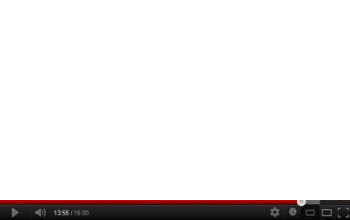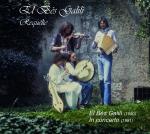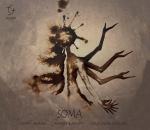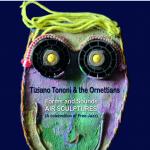Shop
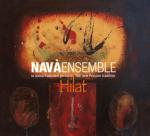
Navâ is the name of one of the seven principal modes in Persian music and in Farsi means “sound”.
From the seven principal modes, many of which are not tempered, five more, capable of arousing a particular mood in the listener, derive. In Farsi, similar musical modes as called dastgâh, or âvaz.
As happens in other countries, in Iran many important local musical traditions coexist and are closely linked with the numerous ethnic groups comprising the vast Iranian puzzle (Persian, Azeri-Turk, Kurd, Armenian, Baluchi, Turkmen, Gulf Arabs).
Then there is a national “artistic music”, born at the courts of the large cities, which developed over time assimilating and elaborating the various “ethnic” strains of the Persian area, leading to e veritable classical tradition known as radif.
In turn radif has had a return influence on local traditions, enriching them through the addition of new sounds and performing techniques.
In this context, half way between the classical tradition and Iranian folk music the ensemble called Navà may be collocated, with its re-interpretation of traditional music expressed in original compositions which, in turn, avail fully of cultured and popular music and the repertoire of the tasnif, short musical poems.
The setâr, belonging to the family of long necked lutes, its body is pear-shaped and the fingerboard long and narrow; the mobile frets are in catgut, and may be shifted to suit the key to be played. Only the index of the right hand is used to pluck the strings, as in the case of the Indian sitar, the name of which has the same etymological origin. The term seh-târ, in Farsi, literally means three-strings. A fourth string was added to double the third at the beginning of the last century to obtain a richer range of harmonics.
The târ is the most important lute of the Persian musical tradition. It possesses three choirs of double strings crossing a bridge made of horn resting on a soundboard in animal gut. The soundboard, in turn, is glued to the typical double-heart-shaped sound box in solid mulberry. As in the case of the setâr, it has a fretted fingerboard , while its strings are plucked using a small brass plectrum (mezrab).
The bamtâr is a modern variant of the târ, with thicker strings and tuned an octave lower.
The tombak is a goblet drum hewn from a sole block of solid wood, over which a membrane is drawn and riveted to the larger circumference. This is used, above all, within the ambit of so-called Persian “art music” performance. It is played using all the fingers of both hands availing of a complex and highly refined technique.
The daf, a huge frame drum, is provided with several sets of light brass rings (zanjir), arranged inside the frame, and which, brushing the skin and bouncing off it, enhance the drum’s timbre. The instrument is held parallel to the body and moved continually up and down between the chest and head while being played by both hands, also used to balance it.
The dayeréh, smaller than the daf, is endowed with a single row of rings which usually vibrate without touching the skin. The performance technique is half way between that of the tombak and that of the daf.
The dohol is a double membrane drum played using two different sticks. It is commonly found in areas of Ottoman influence from Morocco to India passing through the Balkans.
Our Playlist
Our olaylist on Spotify, dedicated to P
re Minimalism, Minimalism and Post Minimalism.



















